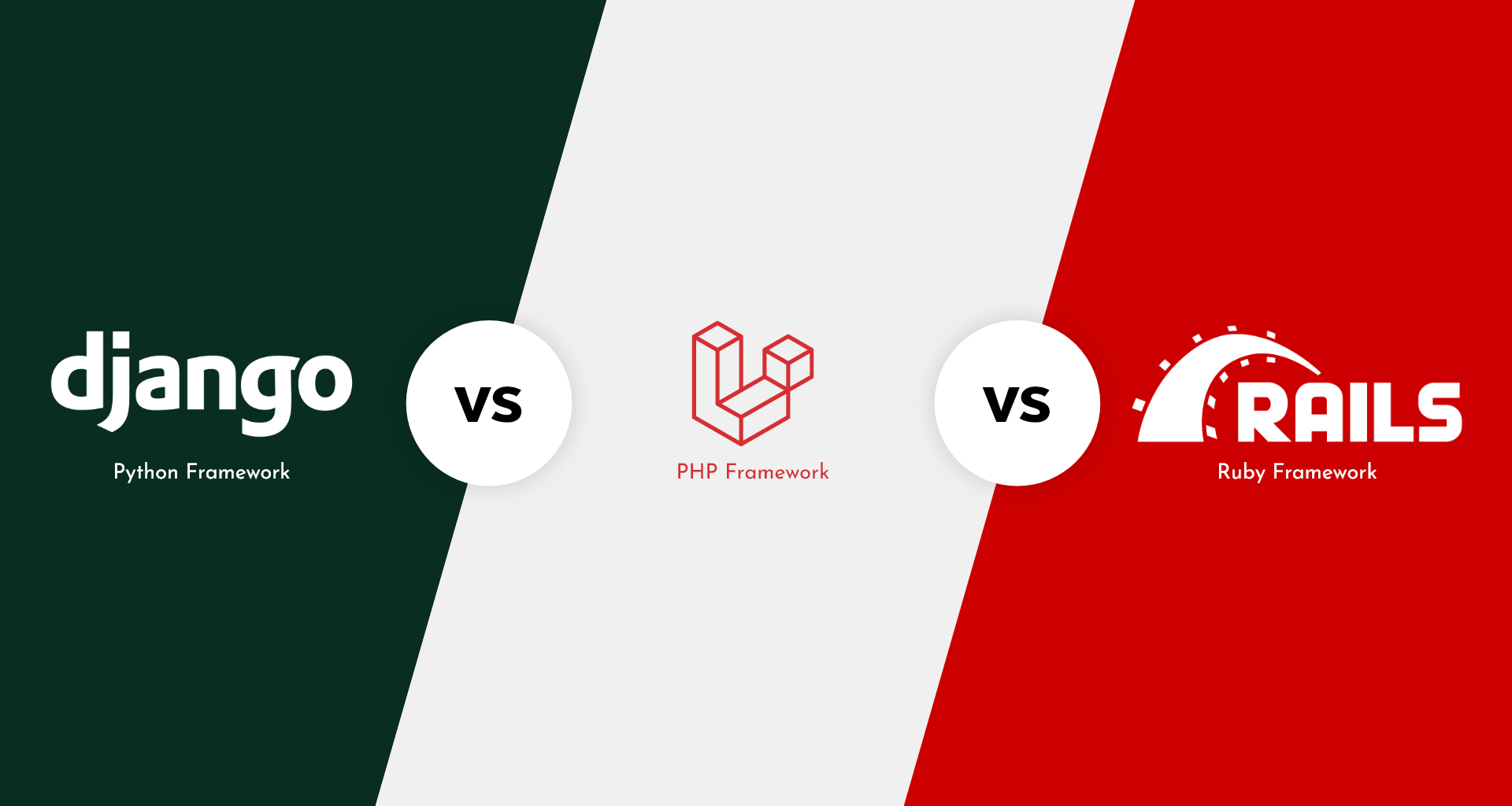Services
Digital Product Development
Identity Development
Media Streaming
Search Engine Optimization
Web Hosting
Solutions
Osimart
Osina
Osichat
Osimenu
Osinews
Osicard
Hosting Plans & Pricing
Shared Hosting
Managed Cloud VPS Hosting
Dedicated Servers
Django Vs Laravel Vs Ruby On Rails: The Battle Of Popular Web Frameworks
January 08, 2023

LEARN HOW WE CAN
ACCELERATE YOUR BUSINESS
REACH US
Lebanon, Jounieh, Haret Sakher Highway,
Dwayhei Building.
+961 9 918 718/9
+961 71 918718
info@ositcom.com

© 2025 All Rights Reserved

